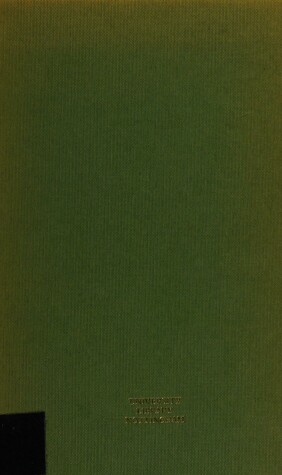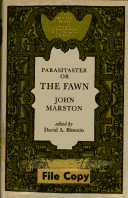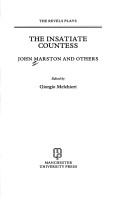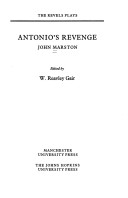Revels Plays Companion Library
15 total works
Of which impoyfozxed Spring; when pal/icy driflkts, He eerfi's igz growmg great 5 and rifing, fmk 7/9151s new 61 m a find fee m by rm alt, how honors flood Ebbes into ayre, when men are Great, not Good.
About the Publisher
Forgotten Books publishes hundreds of thousands of rare and classic books. Find more at www.forgottenbooks.com
This book is a reproduction of an important historical work. Forgotten Books uses state-of-the-art technology to digitally reconstruct the work, preserving the original format whilst repairing imperfections present in the aged copy. In rare cases, an imperfection in the original, such as a blemish or missing page, may be replicated in our edition. We do, however, repair the vast majority of imperfections successfully; any imperfections that remain are intentionally left to preserve the state of such historical works.








